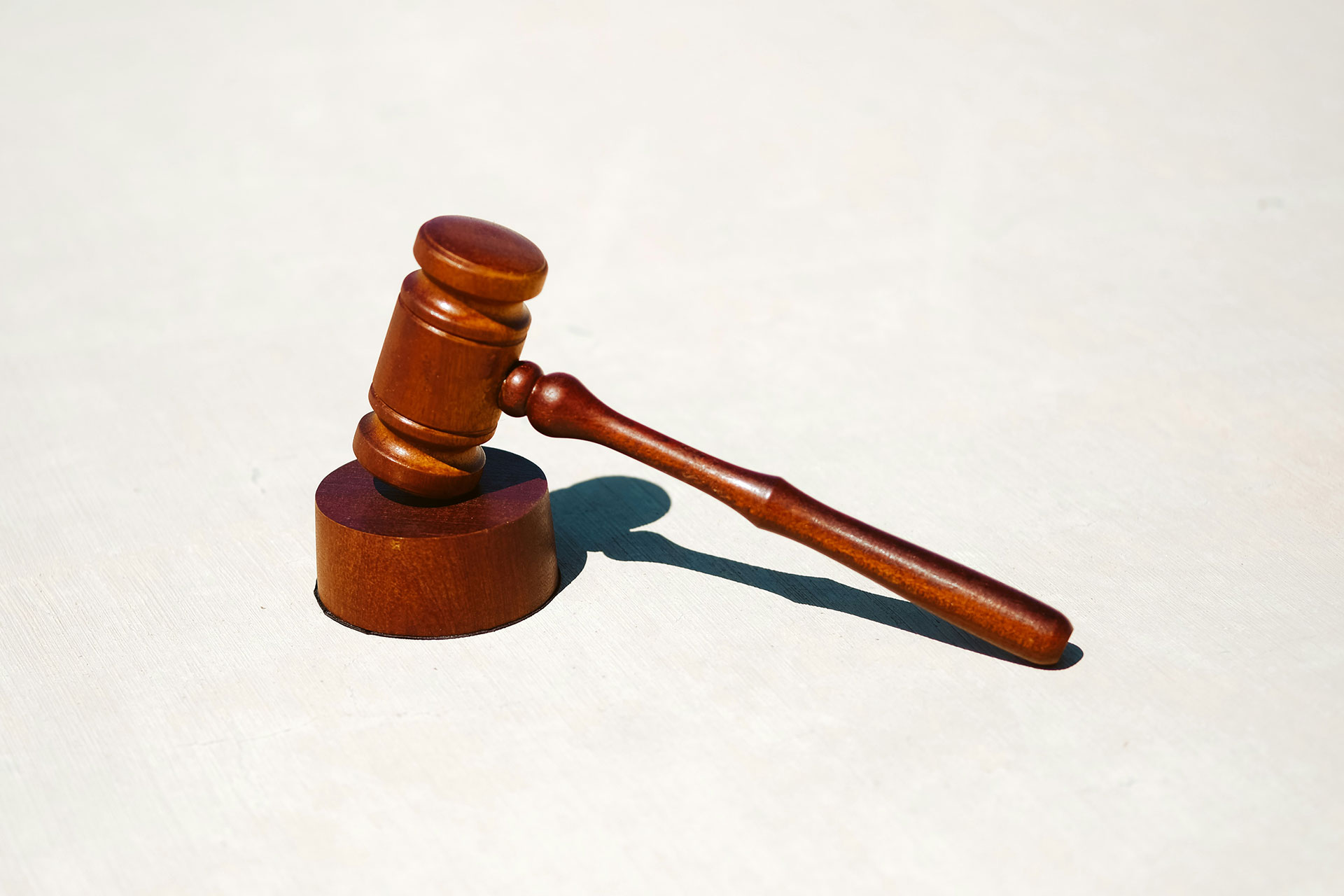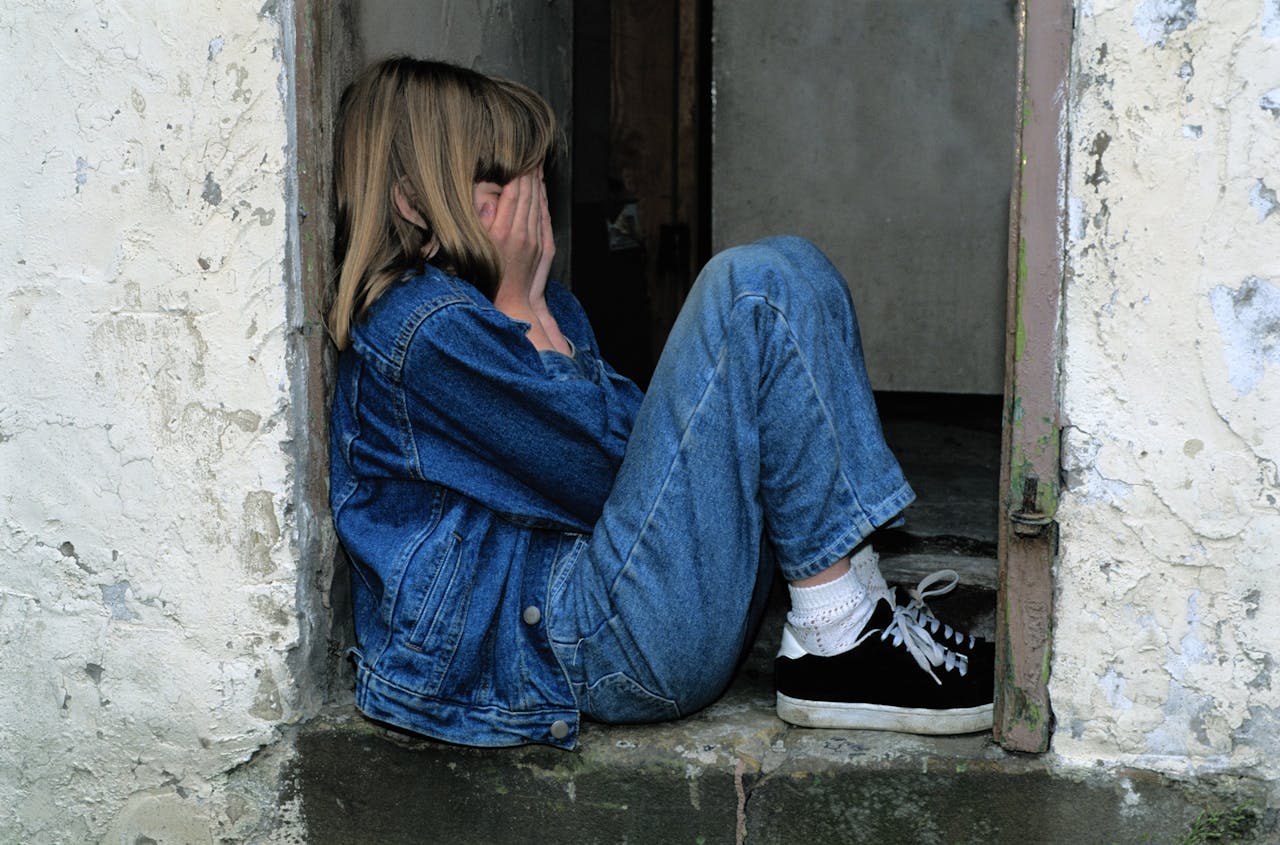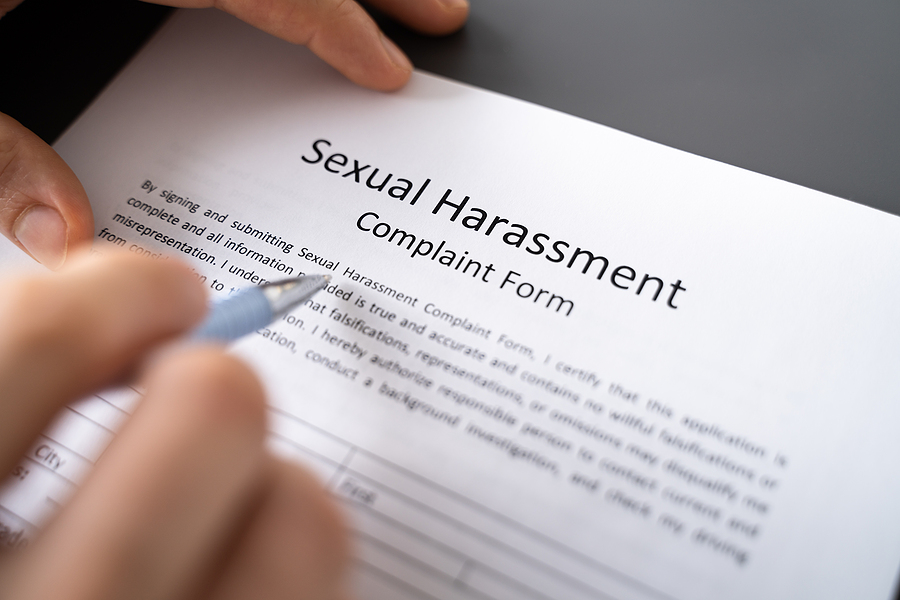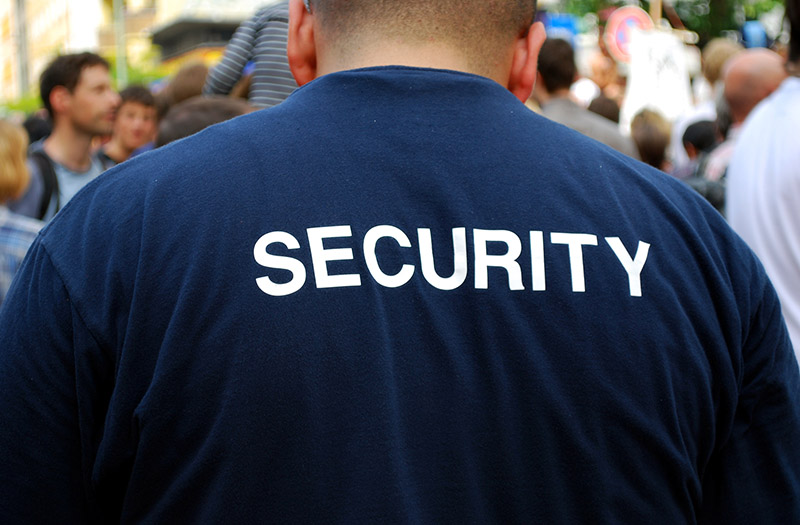DISCRIMINATORY HARASSMENT AND HOSTILE LEARNING ENVIRONMENT IN SCHOOLS
Harassment in schools manifests when a student is targeted and discriminated against due to their national origin, race, religion, disability, sexual orientation, gender, or other identifiable characteristics, leading to an unsafe and hostile school environment. What are some examples of harassment? Examples of harassment in schools include physical acts, verbal insults,...









